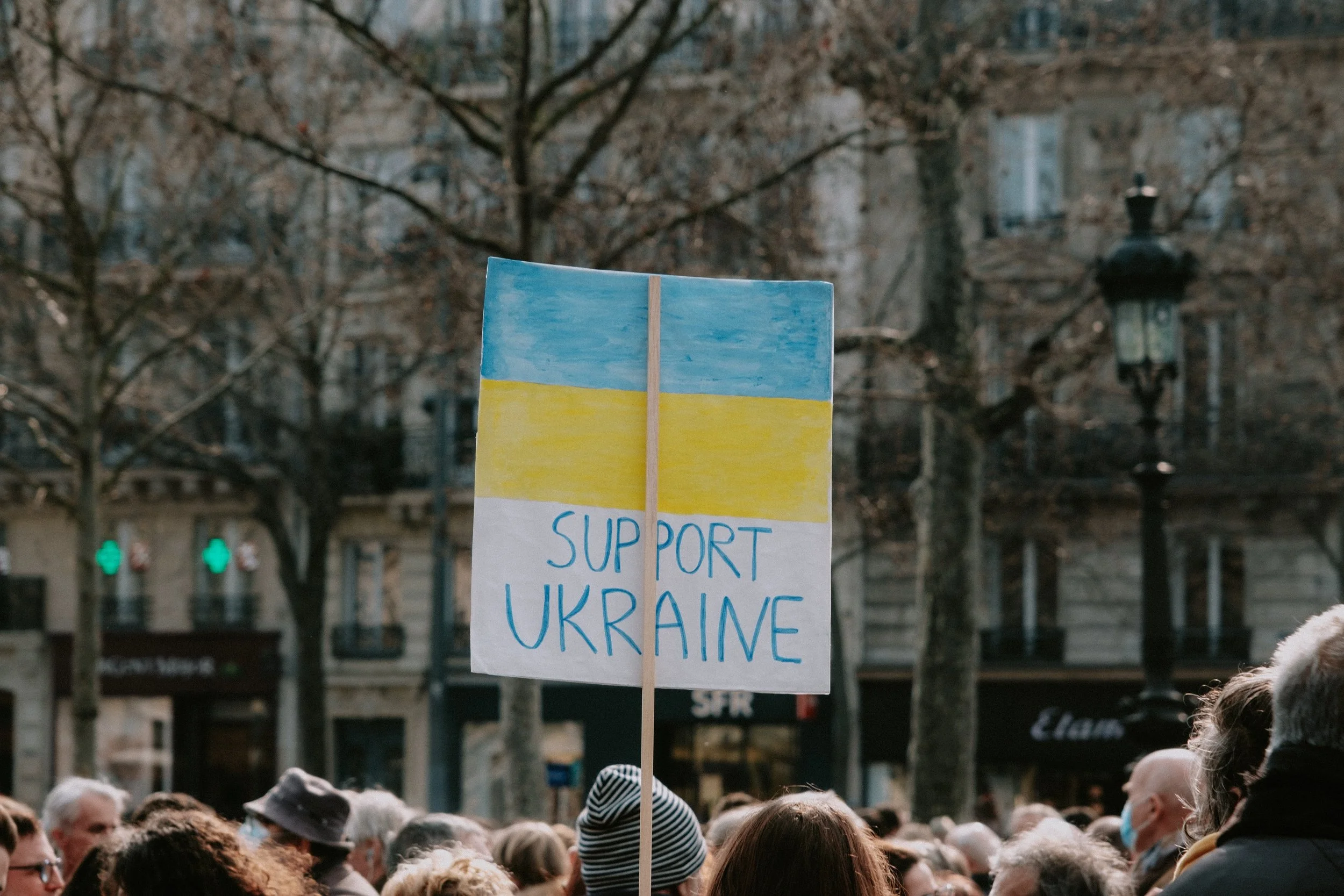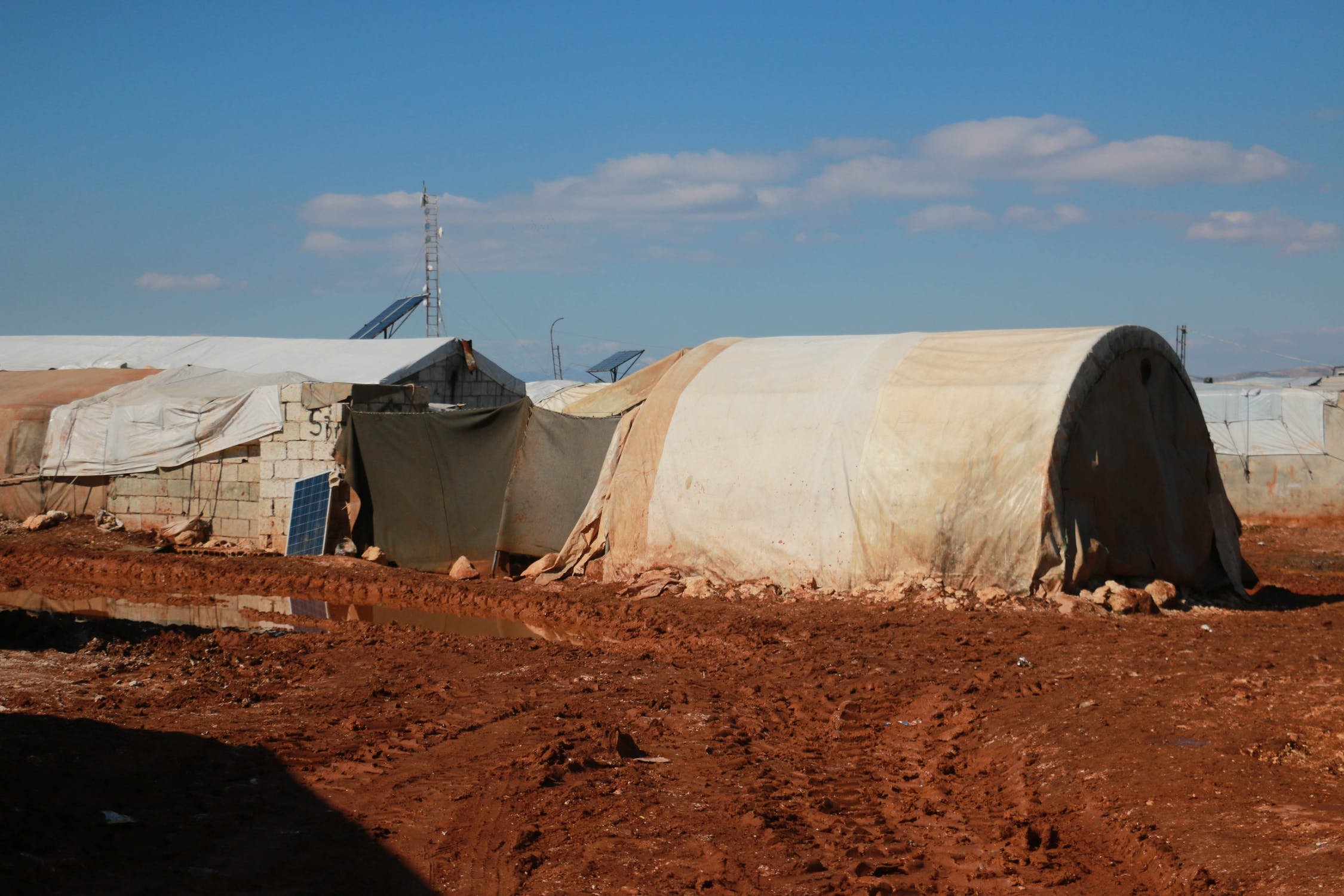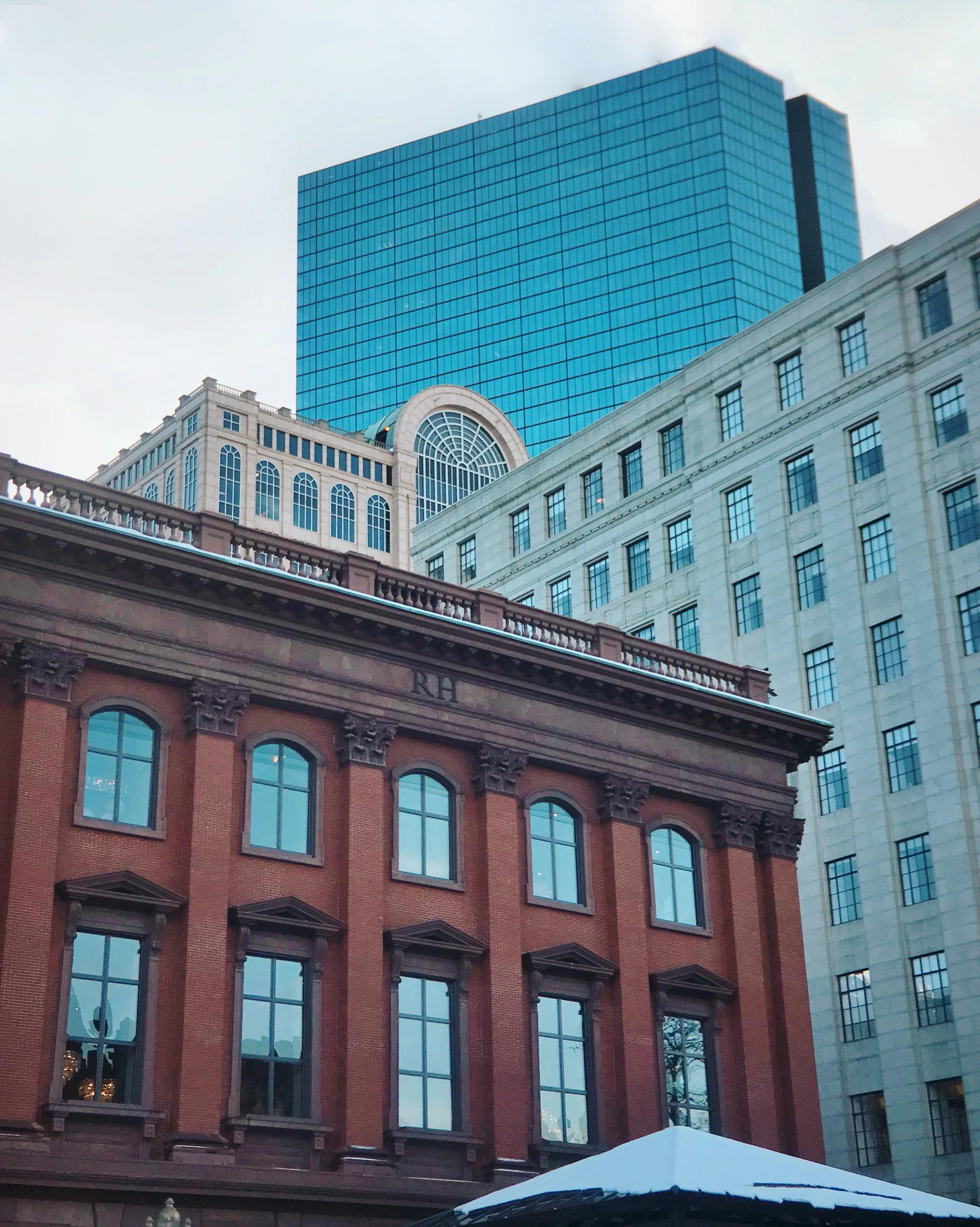It’s getting hot in here! The hotter it gets, the more we need air conditioning, and the more air conditioning we use, the more greenhouse gases we emit, and the more greenhouse gases we emit, the hotter our climate gets and the more we need air conditioning… and so it goes. Read more to understand this never-ending feedback loop and what we can do about it!
An Update on The Power of Heat Pumps: Bringing Peace & Freedom to Ukraine
The Power of Heat Pumps: Bringing Peace & Freedom to Ukraine
Microgrids in Refugee Camps: Improving People's Lives (Part 2)
Electricity is a basic human need. In the second post of our 2-part blog, we are exploring the possibilities for microgrids to better and brighten the lives of refugees in Rwanda. Providing reliable energy empowers communities and creates economic benefits that lift refugees out from under the poverty trap.
Microgrids in Refugee Camps: Improving People's Lives
Energy poverty is a struggle faced by people around the world and a barrier to prosperity and health in refugee camps. Recent advancements in microgrid technology can provide sustainable electricity and clean water, which gives refugees the resources to work, study, run a business and avoid harmful cooking fumes. In this 2-part blog, we are exploring Rwanda and sub-Saharan Africa to address disparities in refugee camps and dive into the solutions that microgrids can provide in these communities and beyond.
Meet the New Microgrid Manager
Hopefully you’ve seen RUN-GJC partners in the news and heard about the clean, community microgrids the team has been working on since 2016. The microgrids have come a loooong way since then and recently hit a big milestone: staff was hired! Sari Kayyali is the new Microgrid Manager for GreenRoots and Chinatown Power, Inc., the organizations anchoring each project. Tune in as we get to hear from Sari himself!
When Cows Burp: Enteric Fermentation & Global Warming
The short story? We must change the way we consume meat. Cows produce A LOT of methane; over a quarter of human-induced methane emissions in the U.S. come from the agricultural industry. But in the meantime, a seaweed-supplemented diet for cows has been shown to dramatically reduce their methane production. Continue reading to learn more.
Boston’s BERDO 2.0
Boston’s Policy Paving Path to Decarbonization
Permaculture: Solving the State of our Food System
In our last blog, we gave you a rundown on how the U.S. food system works, and all the energy use (and waste!) that goes along with it. This time we dive into the world of sustainable agriculture, and more specifically: permaculture! Read on for an explanation of permaculture, how it contributes to a circular food economy, and some tips for incorporating permaculture into your everyday life.












